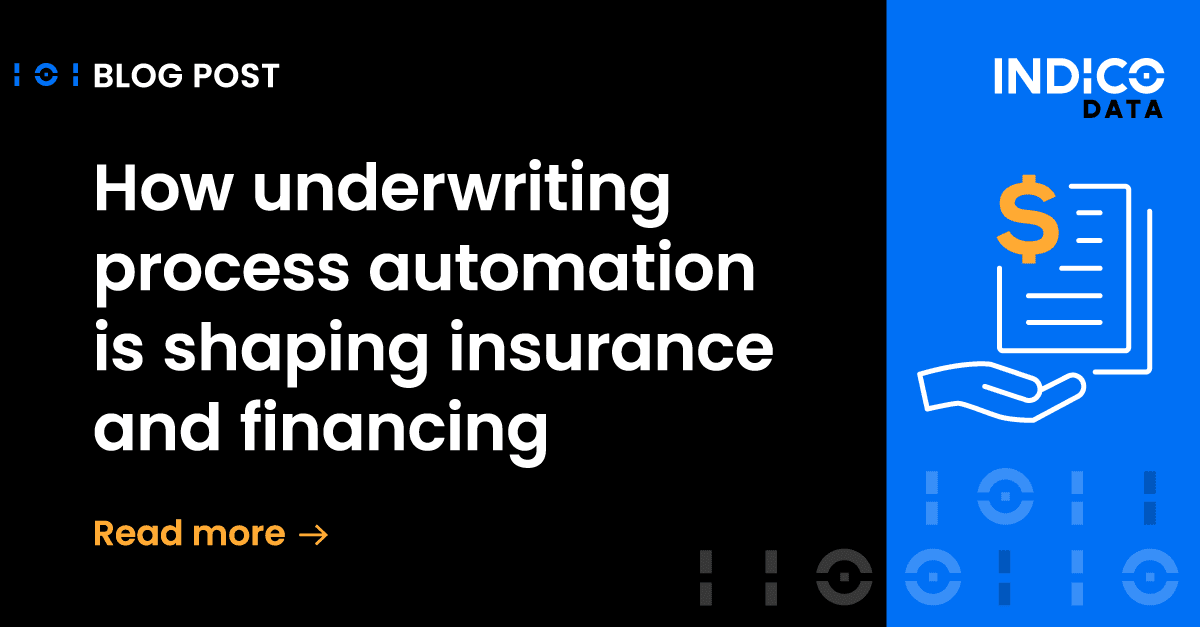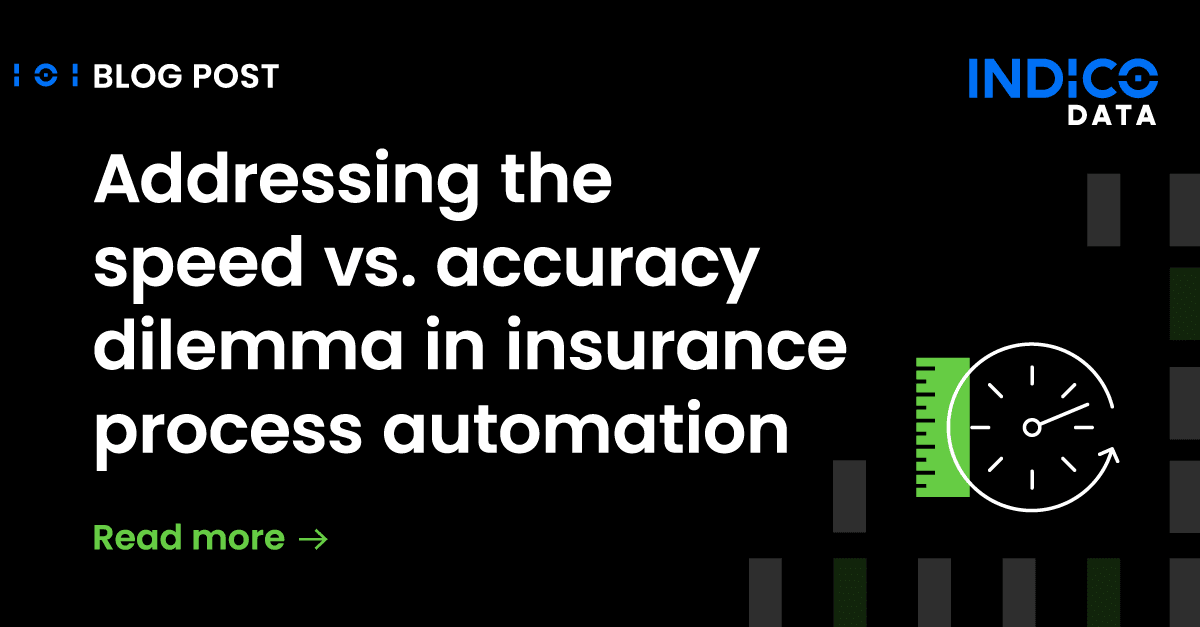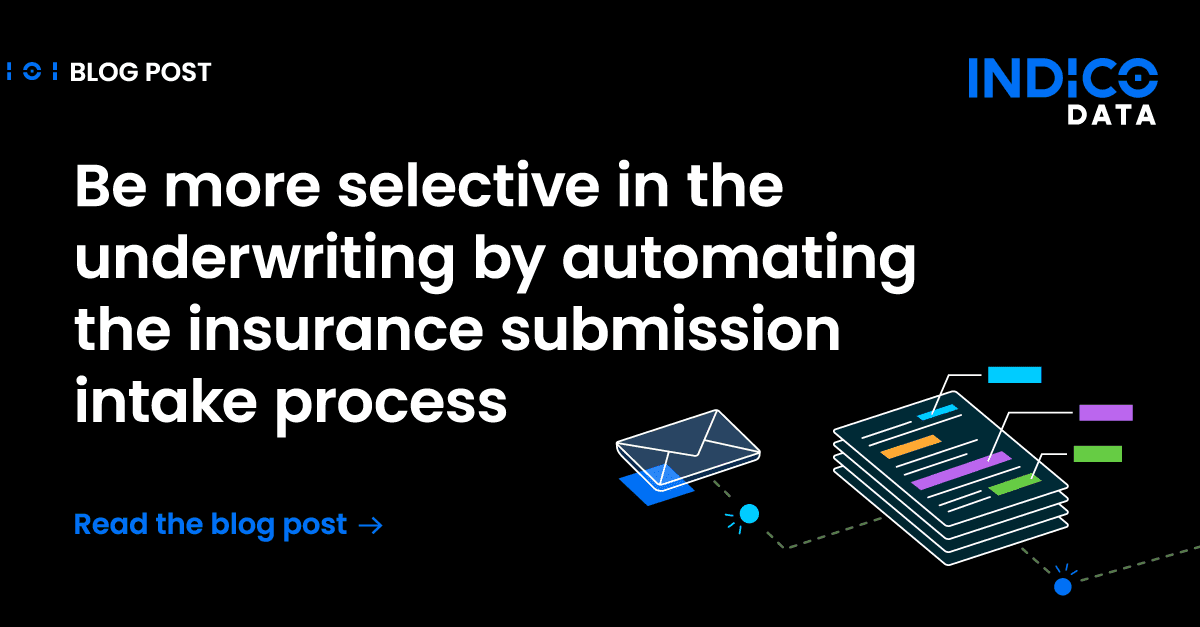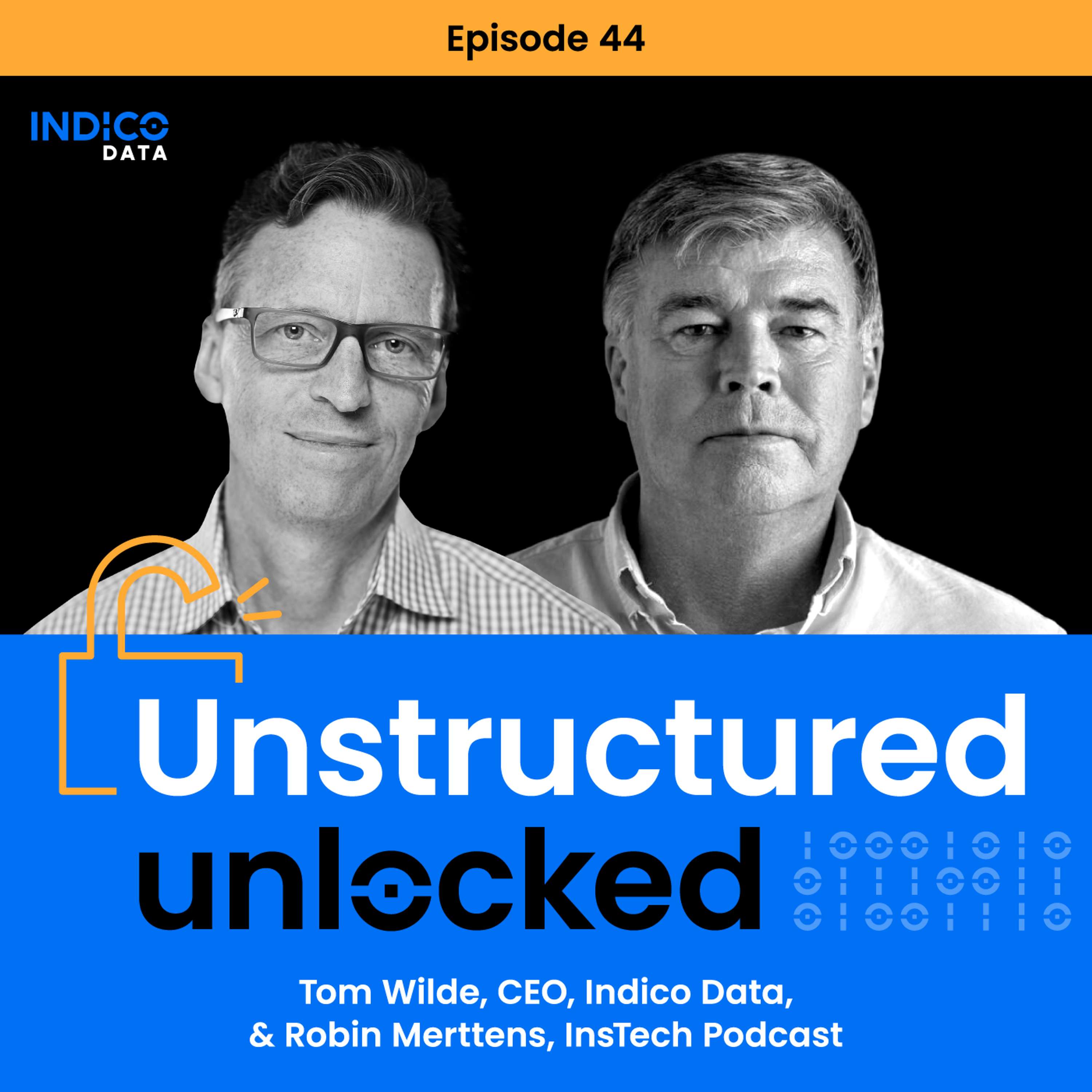Change is a constant that’s all around us – and it can doom document process automation projects.
Whether it’s changes in people, process, or technology, companies need to have a way to stay on top of changes and think through the affect any change will have on automated business processes. If you fail to recognize the importance of change management, your process automation project will fail. “This is just a fact,” said Vishesh Bhatia, a process automation expert with Cognizant. He participated in a webinar with Indico CEO Tom Wilde and automation veteran Nidal Nasr, who worked at AIG for more than 20 years. (Bhatia also wrote a guest post for us on how to build an intelligent process automation Center of Excellence.)
Small errors compounded
Without a proper change management process in place, a small change may result in a process failure or, perhaps worse, results that are not quite accurate.
Picture a process that goes through a loop, processing hundreds of transactions. For each transaction, the automated system performs the same steps, such as picking up data from system A and feeding it to system B.
Now imagine the business makes a subtle change upstream but fails to inform those responsible for the process automation model. As a result, data that’s supposed to be in system A is no longer there. The process may still run, but without data from system A, it will continually produce a series of errors. It may take a few process cycles before anyone notices the data in system B is incomplete and erroneous.
“With a human workforce, organizations can paper over the cracks because humans can adapt and react to change with a degree of flexibility that bots don’t have,” Bhatia said. “The bot continues to perform the old steps. It will either terminate or perform an undesired activity that might have a negative impact, kind of like a train going off the track.”
Related Article: How COEs Use Sound Methodologies to Ensure Intelligent Automation Process Success
Change management and the CoE
It’s a similar story with changes to technology. When an application that’s involved in an automated process is updated or some login dimensions change, that has to be communicated to business process owners to assess the effect on the automated process.
How that change management process is implemented may well be a function of the organization’s automation CoE, Nasr said. It’s critical to have a quality assurance review process, where you look at a certain percentage of results from an automated process to ensure accuracy.
“Some failures will be obvious: no results come out. Others are more subtle, where results do come out and are almost right, but there’s something a little off,” he said. “Before that’s detected, company could be running on bad information and bad data.”
Companies also need to consider changes in the regulatory environment, Nasr noted. California recently implemented stringent data privacy laws, similar to what Europe has with the General Data Protection Regulation (GDPR). Given the focus of document process automation is to extract data from documents, such laws need to be taken into account.
Keys to proper change management
Ensuring proper change management starts with outlining the business objectives you want the automated document process to achieve, Bhatia said. Then you can define the key performance indicators (KPIs) and the metrics you will measure to determine whether you’re meeting your objectives. Such measurements will allow you to catch issues that may indicate a change management problem.
Another key is properly defining ownership of the automated process. It’s a mistake to simply hand ownership to IT, Bhatia said, because they don’t understand the process as well as the business side does. As a result, IT will always be reactive in responding to change.
If the business owns and runs the automation routines, they are more likely to know about changes to templates or documents involved in the process and alert IT about any changes that need to be made to automation models.
Citizen data scientists
That really gets to the concept of citizen data scientists, where the business people who perform the process are the ones who actually use the intelligent document processing tools involved in automating processes.
That’s the philosophy behind the Indico Intelligent Process Automation platform. Our tools are meant to be used by business process owners, not IT or data scientists. Using our simple tools, it takes just few hours to label maybe 200 documents and get a working model up and running. Should any changes in the process occur down the line, those same business people can adjust the model accordingly.
See for yourself how the Indico IPA platform works by arranging a free demo. You can also learn more about intelligent automation CoEs by viewing our webinar. As always, if you have any questions, feel free contact us.





